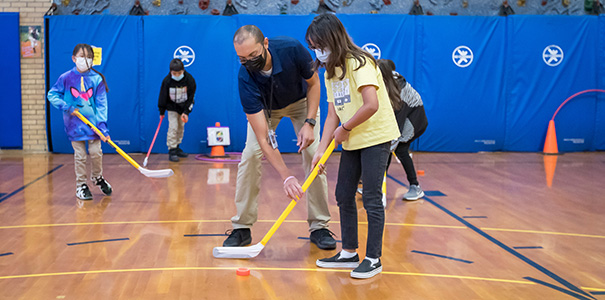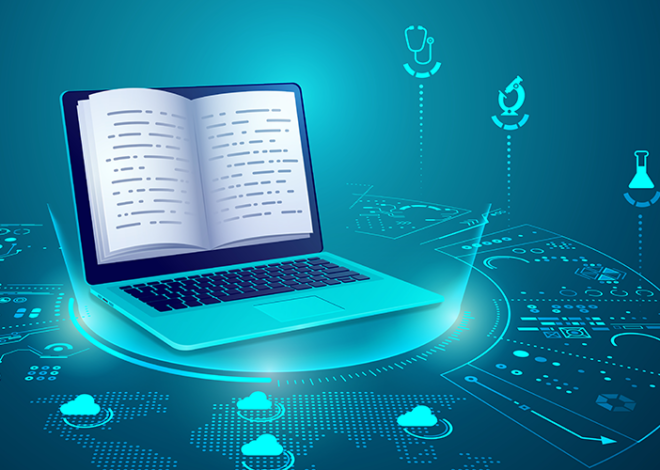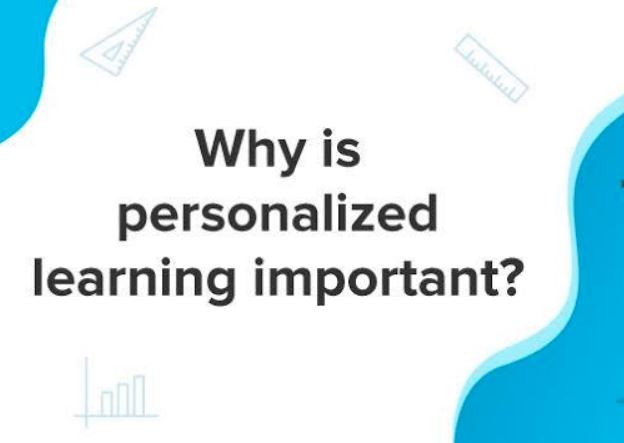
Education and cognitive development
Education, as a cornerstone of personal and societal development, plays a pivotal role in shaping the way we think. Beyond the acquisition of knowledge, formal learning environments wield a transformative influence on our cognitive processes. In this exploration, we delve into the dynamic relationship between education and thinking, unveiling the profound impact that learning has on critical thinking, problem-solving, and intellectual growth.
Foundations of Critical Thinking in Educational Settings
Formal education provides a structured framework for the cultivation of critical thinking skills. From early childhood through higher education, students are exposed to diverse subjects that challenge them to analyze, evaluate, and synthesize information. The systematic development of critical thinking becomes a foundational aspect of the educational journey, empowering individuals to approach challenges with a discerning and analytical mindset.
Problem-Solving Pedagogy: Nurturing Analytical Minds
The educational process is inherently intertwined with problem-solving. Whether deciphering complex mathematical equations, dissecting scientific phenomena, or analyzing historical events, students engage in cognitive exercises that foster problem-solving skills. This pedagogical approach extends beyond the classroom, equipping individuals with the ability to navigate real-world challenges with adaptability and resilience.

Lifelong Learning as a Cognitive Lifestyle
Education instills a love for learning that extends beyond the confines of formal schooling. The habit of continuous learning becomes a cognitive lifestyle, wherein individuals view challenges as opportunities for growth. This mindset, cultivated through education, encourages intellectual curiosity, self-directed learning, and the pursuit of knowledge throughout one’s life.
The Social Dimension: Building Empathy and Communication Skills
Educational environments serve as social microcosms where individuals interact with diverse perspectives. This social dimension of learning contributes to the development of empathy and effective communication skills. Through collaborative projects, discussions, and exposure to different viewpoints, students learn to navigate the complexities of human interaction, honing skills that are essential for both personal relationships and professional success.
Cognitive Flexibility and Adaptability in a Dynamic World
In a rapidly changing world, the ability to adapt and think flexibly is paramount. Education, with its emphasis on exposure to varied disciplines, cultures, and ideas, nurtures cognitive flexibility. Students learn to approach problems from multiple angles, appreciate different methodologies, and adapt their thinking to evolving circumstances, preparing them for the challenges of an ever-shifting landscape.
Expanding Horizons: Broadening Perspectives through Education
One of the remarkable contributions of education to cognitive development is the expansion of perspectives. Formal learning exposes individuals to a diversity of ideas, cultures, and historical contexts. By studying literature, history, and social sciences, students gain insights into the human experience, fostering a broader and more inclusive worldview. This expansion of horizons promotes open-mindedness, cultural awareness, and a nuanced understanding of the interconnectedness of global issues.
Information Literacy: Navigating the Sea of Knowledge
In the digital age, the ability to critically evaluate information is a crucial aspect of cognitive development. Education equips individuals with information literacy skills, enabling them to discern credible sources, analyze data, and differentiate between fact and opinion. This skill set is essential not only for academic success but also for making informed decisions in various aspects of life, contributing to a more discerning and intellectually empowered society.
Conclusion
Education serves as an alchemical catalyst, transforming the raw materials of knowledge into the gold of cognitive development. From the foundational elements of critical thinking and problem-solving to the cultivation of learning. Also, formal education molds individuals into thinkers equipped to navigate the complexities of the modern world. As we recognize the symbiotic relationship between education and cognitive growth, we embrace the transformative power of learnin. This is in shaping not just what we know but how we think. Education, then, becomes the crucible where the intellectual foundations of a vibrant and adaptable mind are forged, contributing to a lifelong journey of exploration and understanding.



